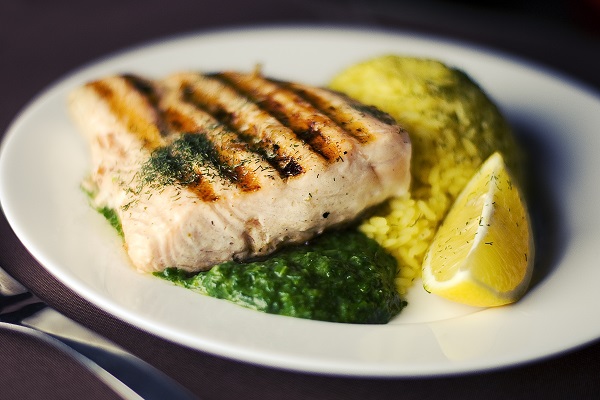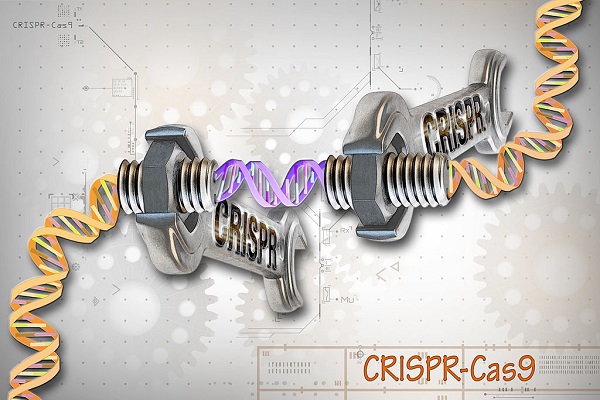A natural sweetener that is derived from agave plants, which are used in making Tequila, could protect against diabetes and obesity, according to new research.
A study was presented by a research group to the ACS – American Chemical Society, which found that agavins the natural sweetener could trigger the production of insulin and lower the level of blood sugar when it was administered to mice in laboratory testing.
Researchers in the study fed groups of different mice a daily standard diet and added the agavins to their drinking water. The majority of mice who drank the agavins were discovered to have eaten less, lost weight and have levels of blood glucose lower when compared to other types of sweeteners like fructose, glucose, agave syrup, aspartame and sucrose.
The leader of the study said researchers believe the agavins have a big potential as sweeteners since in reality they are sugar, highly soluble, there glycemic index is low and their taste is neutral. However, most important is they are not metabolized by humans.
This in turn, said scientists, puts the agavins in a very good position for consumption by diabetic and obese people.
The recent study’s lead researchers Mercedes Lopez is from the Centro de Investigacion y de Estudios Avanzados located in Guanajuato, Mexico.
Lopez said that the researchers found that since the agavins are able to reduce levels of glucose they also increase the quantity of insulin.
Agavins, said Lopez, are not very expensive and there are no side effects that are known when they are consumed.
Type 2 diabetes effects an estimated population in the U.S. of 26 million.
One potentially challenging part of working with agavins is they are not available to many. In addition, while the agavins have 50% of the calories of regular sugars, they are less sweet said Lopez. The latter is able to be solved partially be the use of hydrolysis, said Lopez.
Somehow, people must understand it is hard to have the best of both worlds, in terms of locating an alternative sweetener that is very sweet.










